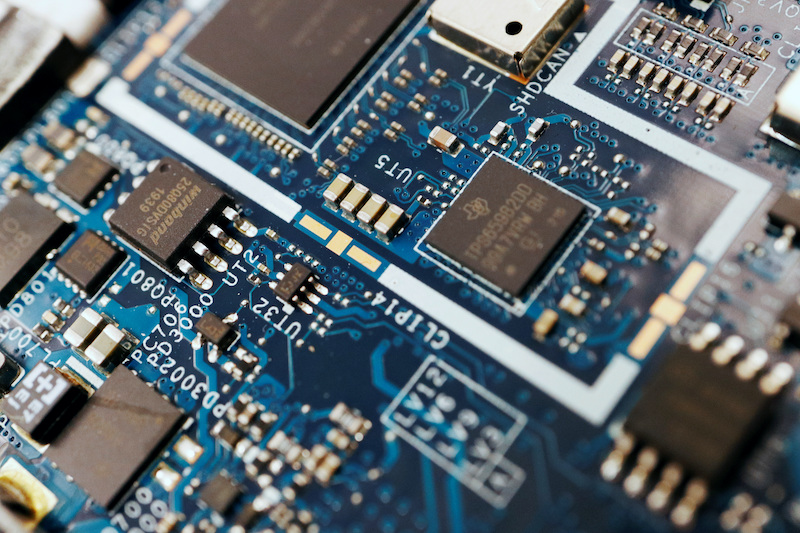Taiwan has not been informed about a ‘Chip 4’ meeting that would include it, the United States, South Korea and Japan, a Taiwanese official said on Friday.
News about the meeting emerged yesterday when South Korean Foreign Minister Park Jin said that Seoul expects to attend a preliminary meeting of the four chip manufacturing nations and described the gathering as US-led.
The Taiwan official who responded to the news late on Thursday noted that the island has always cooperated closely with the US on supply chains.
The meeting comes amid a global chip crunch that began two years ago with the onset of the pandemic and on the heels of a new US law this month called the CHIPS Act that includes $52 billion in subsidies for companies that make chips or conduct chip research in the United States.
The Biden administration has also sought deeper cooperation with Japan and South Korea to become more competitive with China’s science and technology efforts.
The timing, location and other details of the Chip 4 meeting have yet to decided, said a South Korean official who was not authorised to speak to media and declined to be identified.
ALSO SEE: South Korea to Attend Initial Meet of US-Led Asian Chipmakers
Asian Chip Powerhouses
Taiwan’s economy ministry said in a statement late on Thursday it did not have any relevant information yet.
“In past exchanges and dialogue between Taiwan and the United States, the United States did propose similar ideas, but there was no specific content at the time,” it added.
The island has been keen to show the United States, its most important international backer at a time of rising military tensions between Taipei and Beijing, that it is a reliable friend and semiconductor supplier.
Taiwan and South Korea are the world’s two largest chip powerhouses.
Taiwan’s TSMC controls about 54% of the global market for contractually produced chips, supplying firms such as Apple and Qualcomm, which don’t have their own semiconductor facilities.
South Korea is home to Samsung Electronics and SK Hynix which together supply more than half of the global memory chip market.
Asked about the meeting, Japan’s Cabinet Secretary for Public Affairs Noriyuki Shikata said semiconductors are a “very strategically important industry” for Japan and that “in due course, there may be better cooperation among the countries.”
China campaigned against the CHIPS Act, saying it would distort the global semiconductor supply chain and disrupt international trade.
It said the bill was reminiscent of a “Cold War mentality”, and that it would take measures to safeguard its rights once the act is implemented.
- Reuters with additional editing by Jim Pollard
ALSO SEE:
TSMC Shuts if China Invades Taiwan, Says Boss – Focus Taiwan
China War Risk Sees Taiwan’s TSMC Moving Fabs to US, Japan
China Must Seize TSMC if US Imposes Sanctions: Top Economist
























